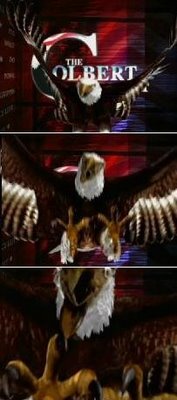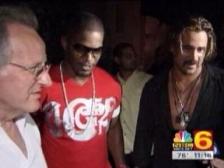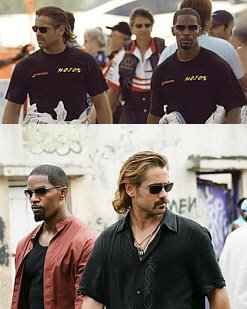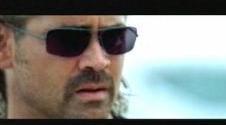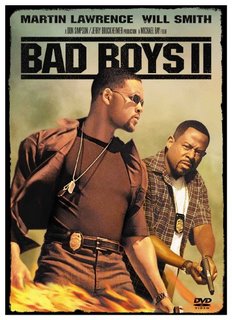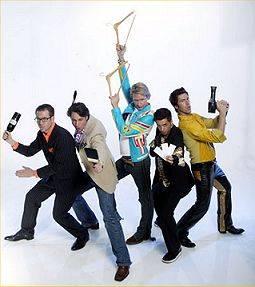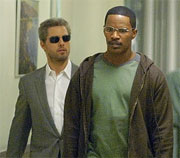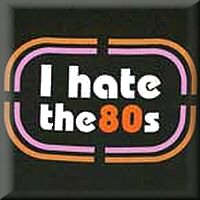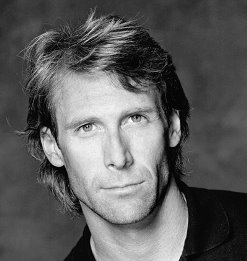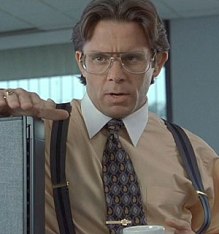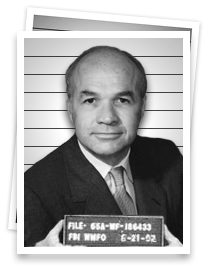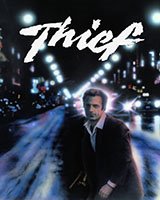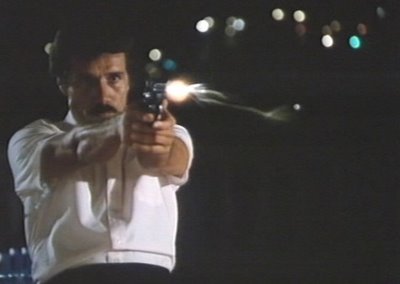This Time It's Personal
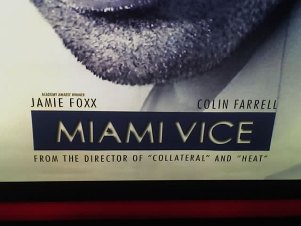 "This time it's personal" ... "We finish this now" ... "It's gotta be that way" ...
"This time it's personal" ... "We finish this now" ... "It's gotta be that way" ... All such crime flick edicts manifest tonight, 6:35 pm, in the Director's Hall at The Bridge. A crew of four converge in the City of Angels. Our score? Opening night of Miami Vice. Two live here. One drove all night Thursday. One paid $489 to fly.
Advance tickets were $65, and the subsequent nightlife this weekend will cost hundreds -- maybe thousands -- more.
Foolish by some standards, but no less foolish than the $150m it cost to bring us 2.5 hours of film. Cool by some standards, but not as cool as we could be if we had $150m to dispose of as we pleased. Sometimes taking down scores in the real world is less captivating than doing so in Michael Mann's world.
But for us, like Mann, this is personal. It all started with this cameraphone picture one of the four took in a theater lobby about six months ago. From there, the Vice weekend was predestined. In the end, nobody will remember the money or the effort or even if Vice sucks ass. We will only remember the convergence of far flung crew members, the vices that were consumed, and the aura that it left us with.
The aura of complete selfishness that you can only get from complete trust in your core crew. The dichotomous mindset that Mann has made a career documenting. The outright display of ego that he evangelizes: "I like working with people who are good at what they do. People who have a strong point of view. Healthy egos."
That's what this weekend is about. Egos clashing in search of the best one-liner. Eleven dollar drinks clanking as we praise our own genius for slacking at the highest level. And THX-enhanced explosions cracking our THC-enhanced domes to kick it all off.
To that, all I can say is: It's gotta be that way.

